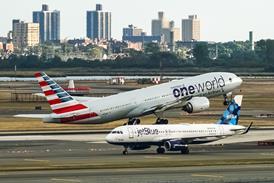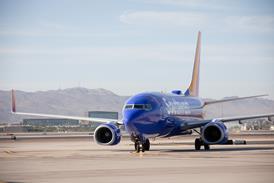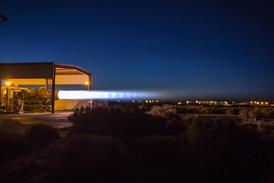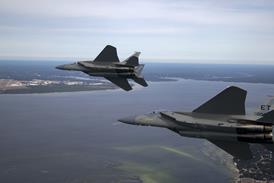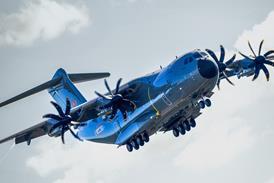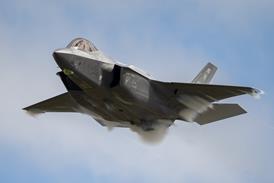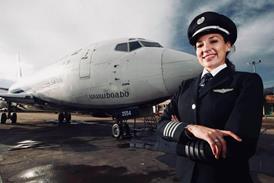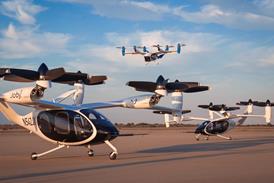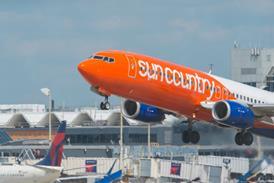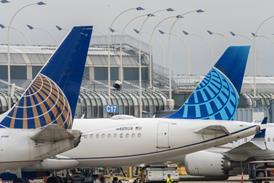A “third European airline force” makes its debut today with the formal launch of International Airlines Group, created through the merger of British Airways and Iberia.
That’s the view of Willie Walsh, IAG chief executive and outgoing boss of BA, who is convinced that the move elevates the two partner carriers into the big time and will provide a springboard for even greater things.
“This creates for Europe a third major force in world aviation,” says Walsh, who famously revealed last year that he had drawn up a list of potential future partner airlines.
“IAG’s strategic ambition is to provide a platform that is attractive to other like-minded airlines to join us,” he says.
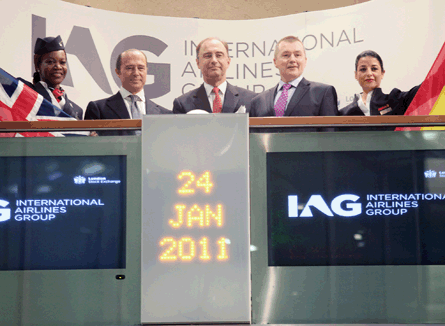 |
|---|
© Newscast(Centre L-R) IAG Chairman Antonio Vazquez, Chief Executive of London Stock Exchange Xavier Rolet and IAG CEO Willie Walsh as IAG shares begin trading for the first time on the London Stock Exchange. |
“Both companies now have the feeling that working together everything is possible, because we have a much broader way of looking at the world,” he says.
The oneworld alliance aligned group, which began trading on the London and Madrid stock exchanges today (24 January), may be a new “superpower” but it can’t yet rival Europe’s other two giants Air France-KLM and Lufthansa, on paper. Like Air France and KLM, BA and Iberia continue to operate as separate entities, but their combined traffic (based on last year’s Airline Business World Airline Rankings which covers the 2009 fiscal year) means it is placed sixth behind its two European opponents.
In terms of revenue, IAG lies seventh in the rankings while its fleet of some 340 aircraft puts it eighth. It trails Air France-KLM and Lufthansa on both metrics.



